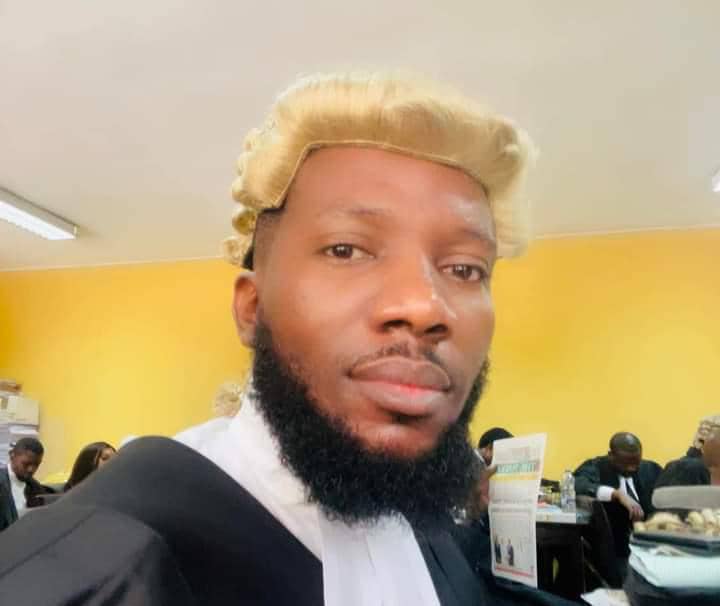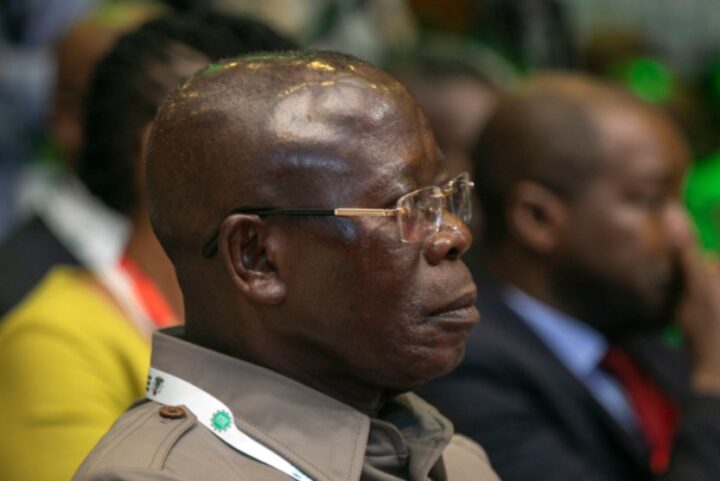The Nigerian Correctional Service (NCoS), Akwa Ibom command, has explained the reason behind the shaving of the hair and beard of Inibehe Effiong, a legal practitioner.
On July 27, Effiong was sent to prison by Ekaette Obot, chief judge of Akwa Ibom, after the lawyer reportedly protested against the presence of armed policemen in court.
The human rights lawyer was in court to defend Leo Ekpenyong, a lawyer, in a libel suit filed by Udom Emmanuel, governor of Akwa Ibom.
Many Nigerians, including civil society organisations (CSOs), have called for the release of the human rights lawyer.
Advertisement
On Thursday, reports surfaced on social media that Effiong had been transferred to the Uyo correctional centre, and that the lawyer’s hair and beard had been forcefully shaved.
Speaking on the reports, Femi Falana, human rights advocate, said such action amounts to a violation of Effiong’s fundamental human rights.
‘EFFIONG’S HAIR, BEARD SHAVED FOR HIS SAFETY’
Advertisement
In a statement on Friday, Richard Metong, NCoS Akwa Ibom spokesperson, said the shaving was not done with blunt instrument as speculated on social media, adding that the action was “a security measure as well as a routine practice in the facility”.
“On arrival at Uyo, he was duly admitted into the facility and was also informed of the need to cut his hair and beards as a security measure as well as a routine practice in the facility, which he obliged and willingly allowed the barber using a clipper and not a blunt instrument as speculated on social media,” the statement reads.
TheCable, on Saturday, reached out to Metong to explain the “security measure” behind the shaving of the lawyer’s hair and beard.
According to him, the decision to shave Effiong’s hair and beard was carried out to ensure his safety among other inmates.
Advertisement
“On the security aspect, you know that the cells where they stay is not only for one person. There are a lot of other persons, and if you know barrister Effiong very well, he has a very long beard,” he said.
“In case of an argument or altercation with somebody in the cell, it can lead to him being harmed in a way if there is anything ensuing between himself and other inmates.
“You know he is a very popular human rights lawyer and I’m also very sure that there are other persons he prosecuted their cases who are also in the same facility.
“So, we are also considering his own safety by asking him to please shave to be clean. It is for his own best interest. It poses security threat to him as he goes into the facility. We don’t want him to be harmed.”
Advertisement
Speaking further, Metong said the decision is in line with the personal hygiene clause stipulated in the United Nations Standard Minimum Rules for the Treatment of Prisoners, also known as the Nelson Mandela rules.
Rule 18 (personal hygiene) of the Nelson Mandela rules states: “Prisoners shall be required to keep their persons clean, and to this end they shall be provided with water and with such toilet articles as are necessary for health and cleanliness.
Advertisement
“In order that prisoners may maintain a good appearance compatible with their self-respect, facilities shall be provided for the proper care of the hair and beard, and men shall be able to shave regularly.”
Advertisement






